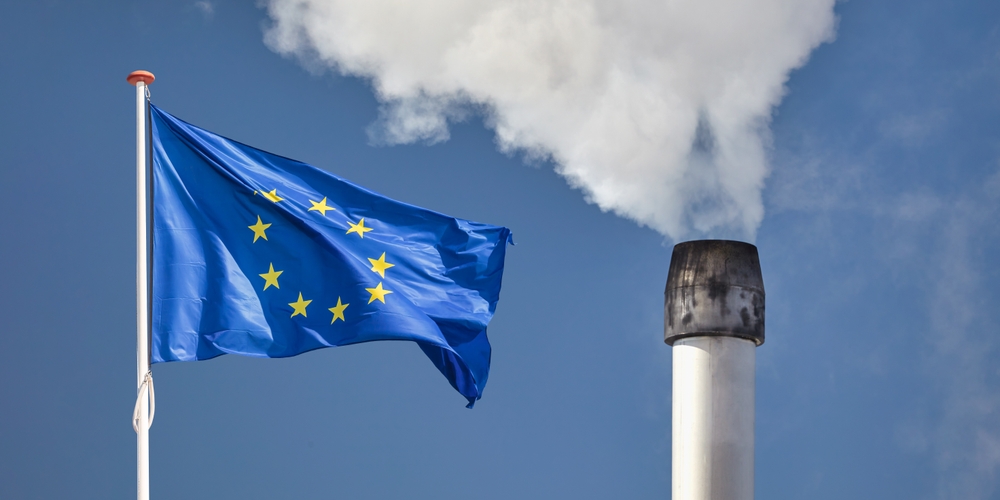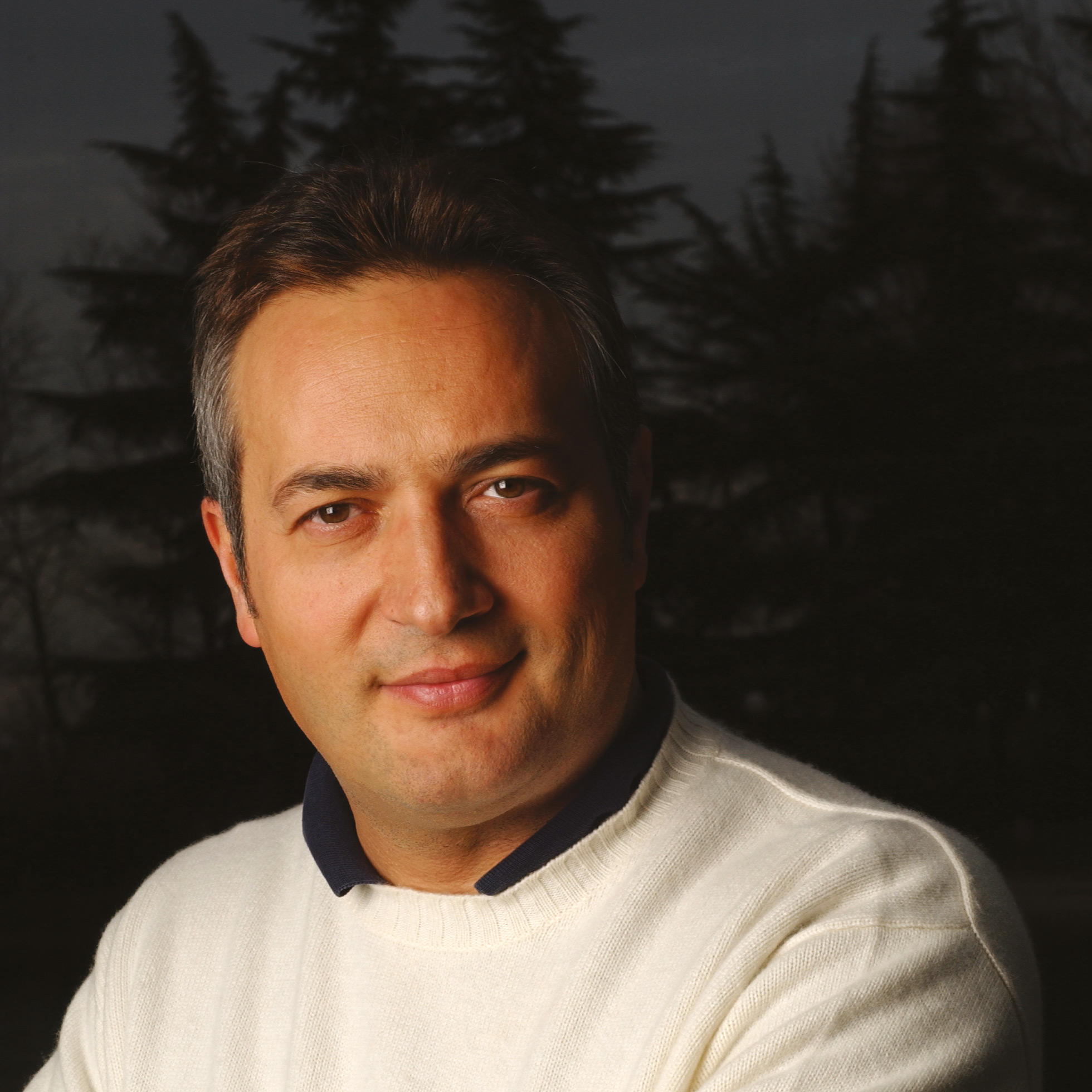If you push the Green agenda, we might end up broke. I want to clarify for those translating into English: if you pursue the Green agenda in an ideological sense, we will remain broke in an economic sense. This is essentially what Confindustria, Italy’s most important business association, conveyed to Europe and to Prime Minister Giorgia Meloni during the first meeting with the new President Orsini.
The Prime Minister, who also intervened, responded that the ecological transition as it stands cannot be implemented. This was a direct message to Brussels, especially as a trusted ally of the Italian government, Raffaele Fitto, takes the seat of Executive Vice President of the European Commission.
After all, it was President Ursula von der Leyen herself who suggested, when presenting her new European government, that the air had changed. The air, the one we all wish were cleaner, in terms of governance guidelines from the dismal past five years. The Green Deal as the cornerstone of the past administration’s vision needs to be revised. Less rigidity, less dirigisme, less centralization, less radical environmentalism. These are not mere whims of populists or sovereignists.
The German automotive industry, one of the most important on the planet, is in crisis and is closing down electric vehicle production plants. In the spring, farmers had blocked Europe because they could not sustain the costs of sustainability. Those of us who have deeply studied Italian SMEs know that the supply chains of companies sustaining a territory, numbers in hand, have doubts and concerns.
Meloni, who needs to find 25 billion euros to finalize the budget law by Christmas, has made it clear to our industrialists that excessive state incentives are currently not on the table. In short, the transition has partially halted. On one hand, there is the need for new industrial models to reduce pollution and save a wounded Earth; on the other hand, Eurozone economies need more time, more support, and fewer paradoxical regulations to achieve this process.
What will happen? Beyond the imminent deadlines, which will be defused, the way forward is as Draghi indicated: for decarbonization, Europe needs to take on more common debt. A sort of Green Recovery Fund. This, despite the hardliners and the intransigent (and selfish) countries. If things continue as they are, there might soon be no more doves, in every sense of the term.


